Optimise your food industry supply chain: boost efficiency and margins with the right ERP system.
Efficient processes: automated workflows save time and reduce errors
Specialized Industry Knowledge: ERP developed with food producers
Full transparency: Supply chain data for informed decision-making

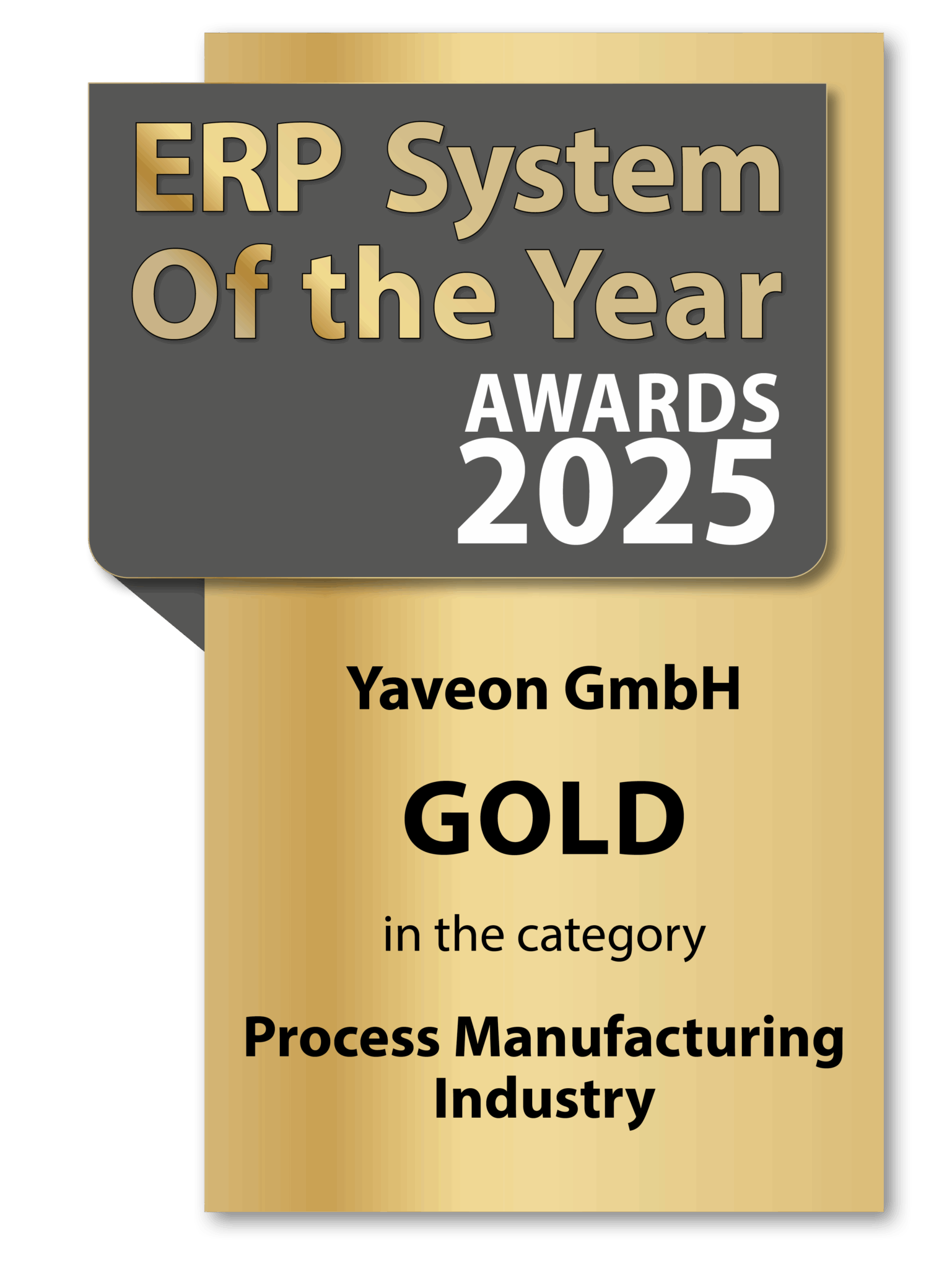







Setup item tracing
Management of batches and serial numbers
Rule management for product labels with posting rule groups
Import of inventory
Creating manufacturing instructions
Batch inheritance in production
Consumption posting using FIFO/FEFO
Multi-level feature calculation
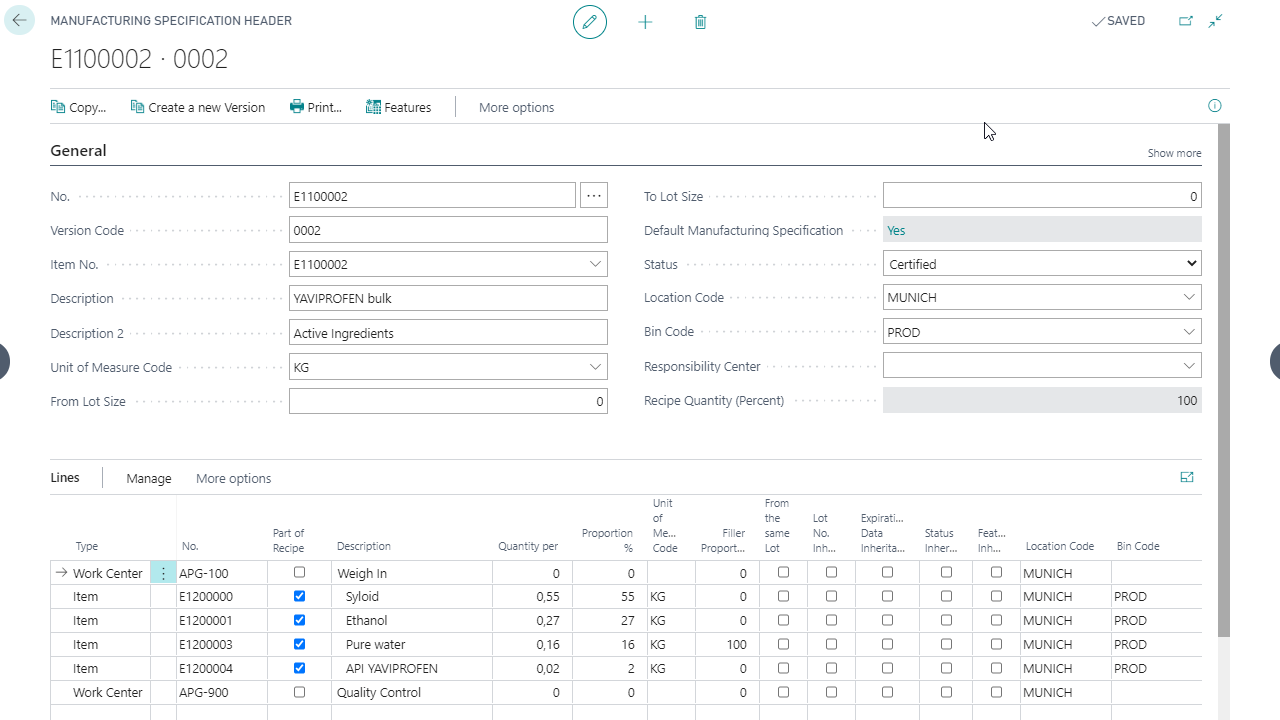
Configuring master data
Automatic provisioning of authorization sets
Creating inspection methods
Definition and execution of inspection orders
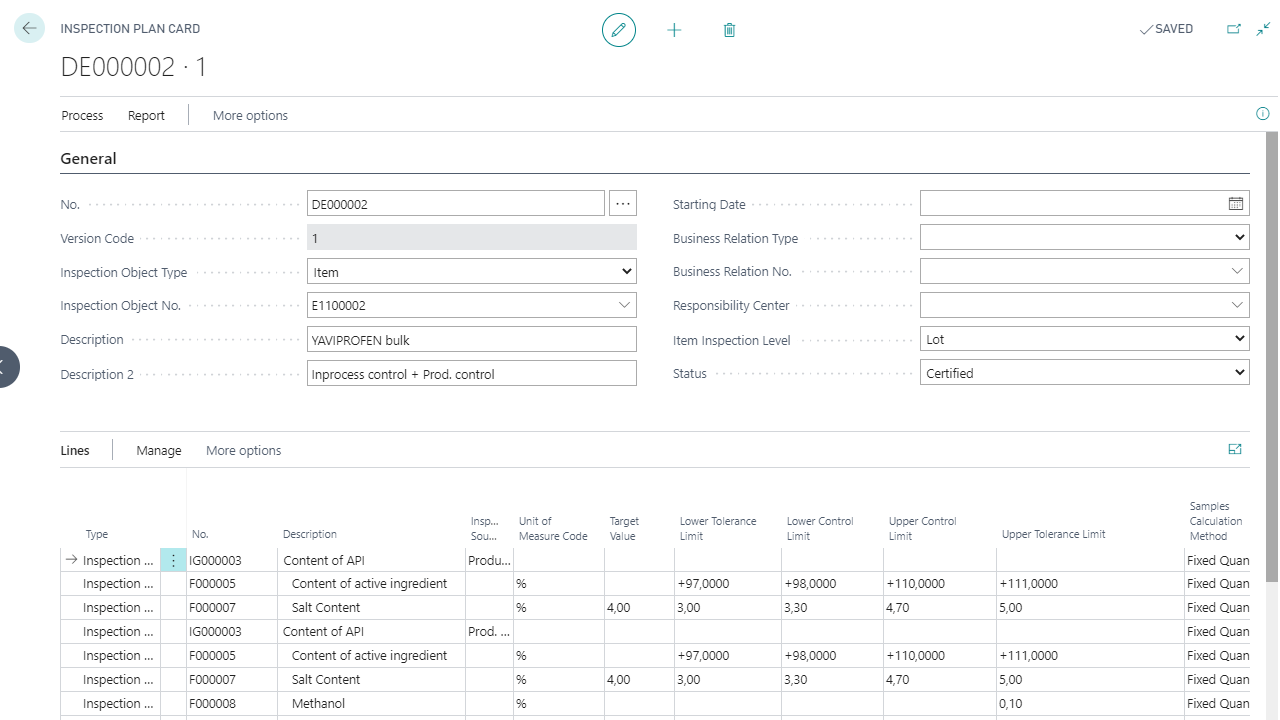
Preliminary costing for item costs and prices
Costing groups as a basis for costing schemas
Creating item cost value names
Calculation of item costing
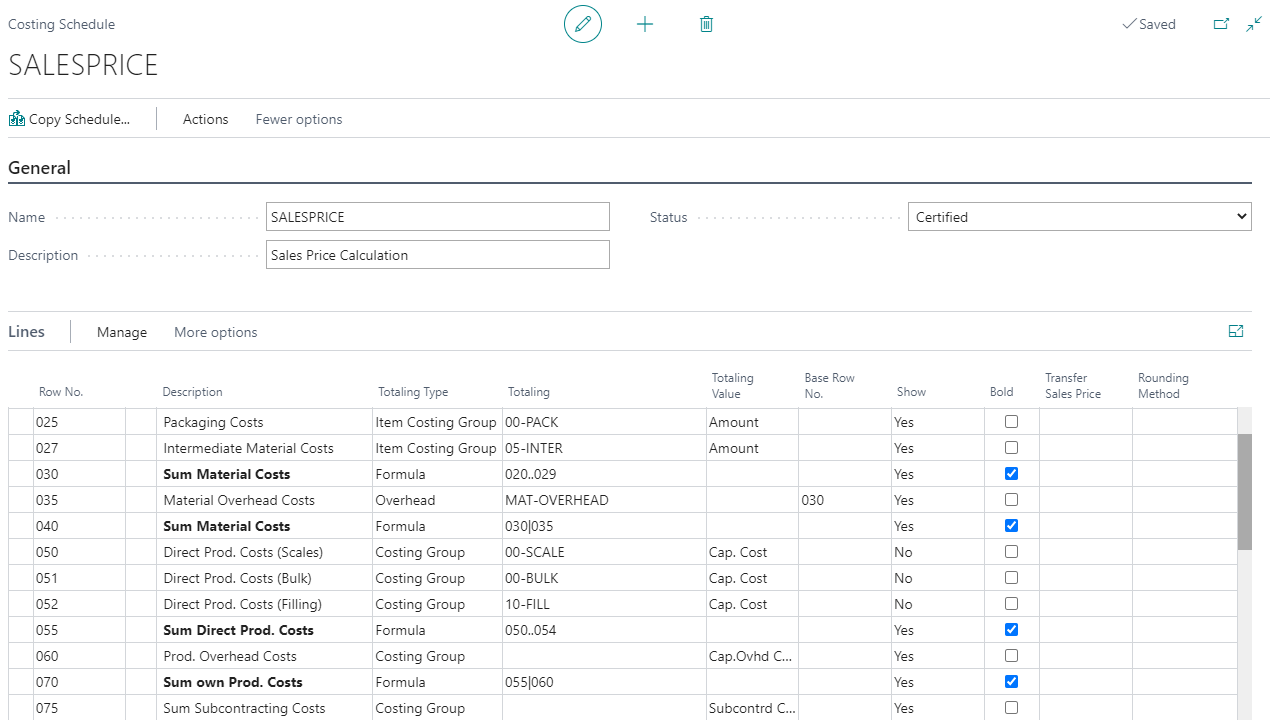
Basis for valid cost allocation
Provision of permission sets
Document the byproducts in the production formula
Production orders with joint production
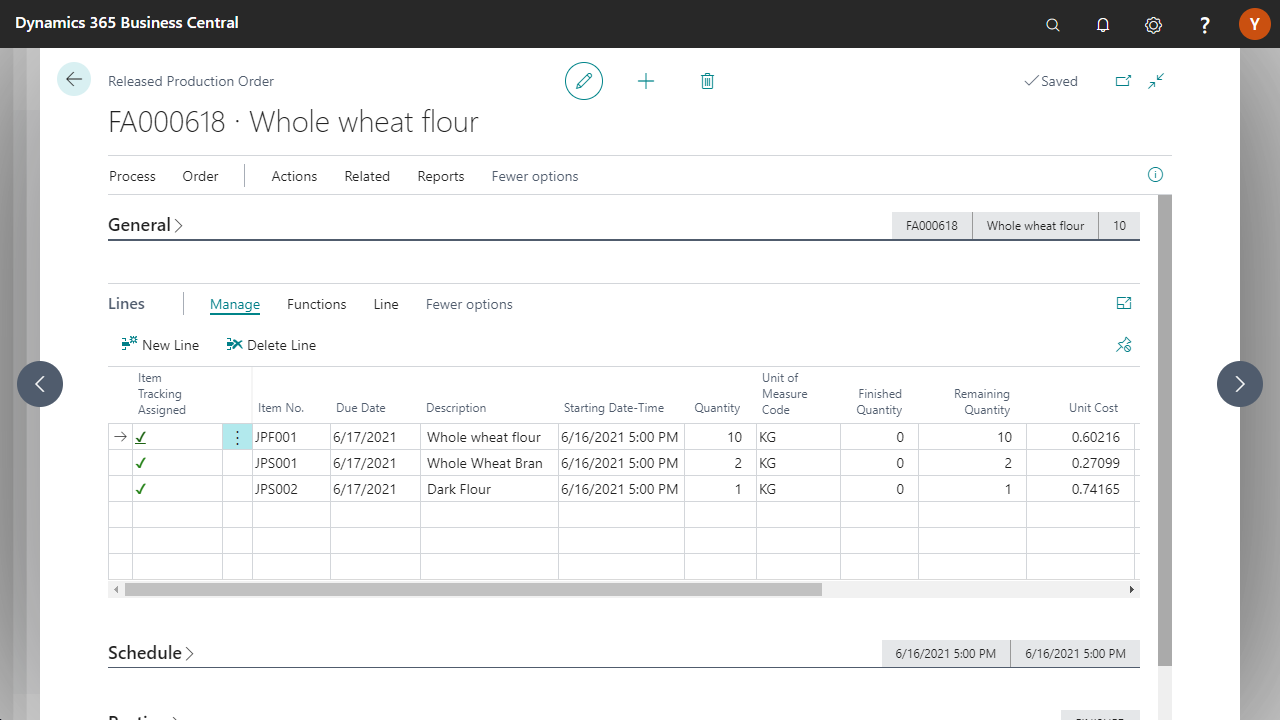
Warehouse receiving dialogs
Transfer orders
Report actual and consumption data for production
Order picking dialogue in warehouse shipping, including packaging structure
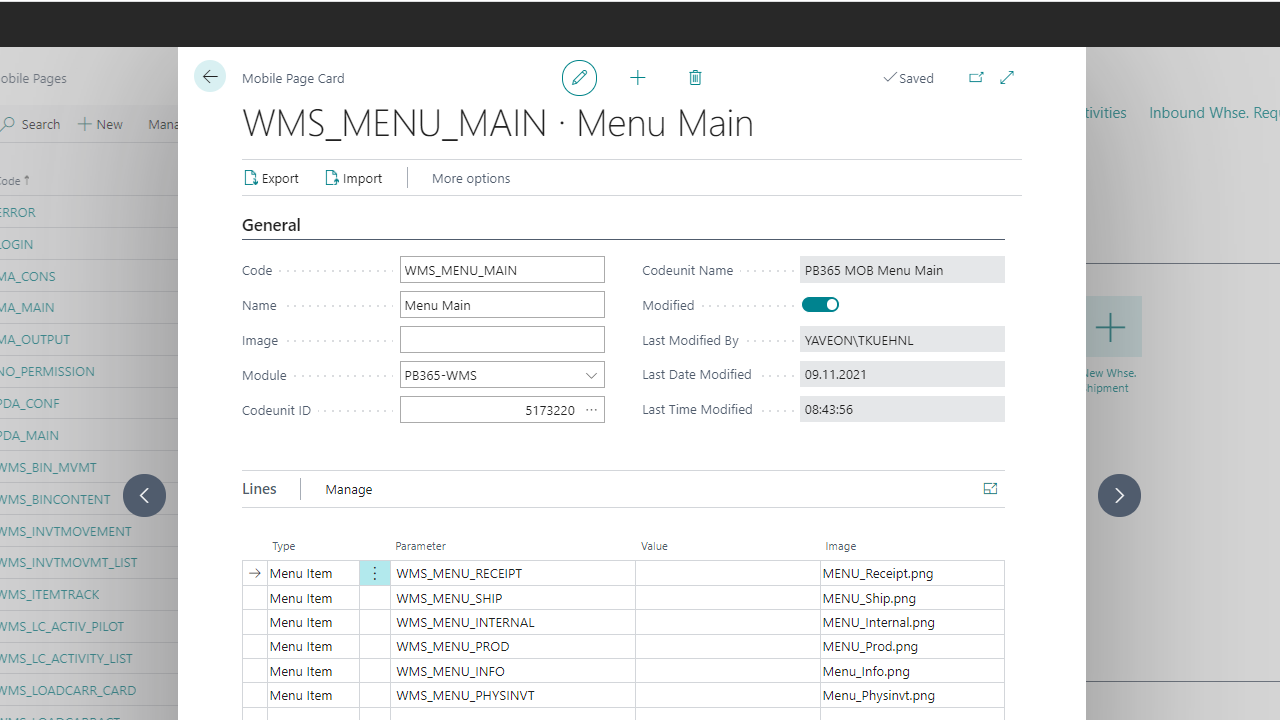
Default settings for new shipment orders
Definition of packaging material types
Setting up delivery suggestions
Creation of shipment orders using shipping schemes
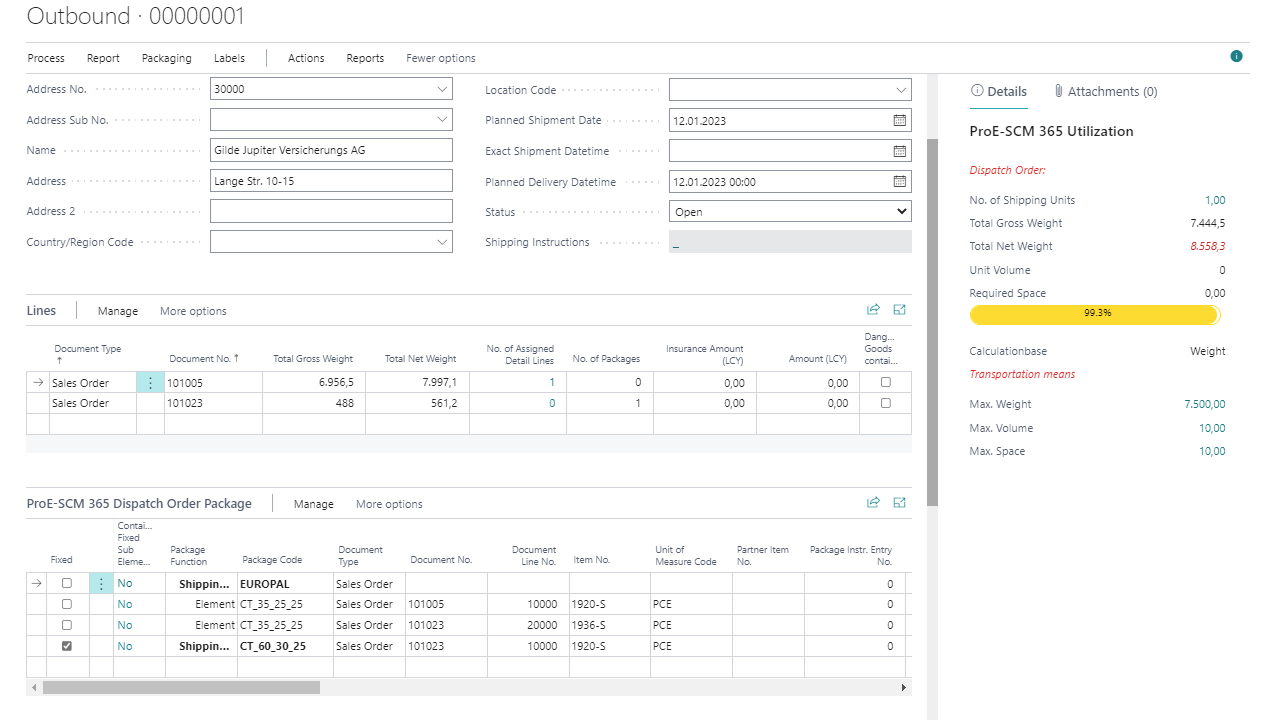

The Yaveon ERP software for the food industry is designed to streamline and enhance transparency in this demanding sector. Tailored specifically for food companies, it optimizes critical business areas such as procurement, production, sales, and distribution. With a focus on efficiency and the highest safety standards, it aids in resource planning, production control, and regulatory compliance. Real-time data analysis enhances transparency, minimizes errors, and ensures product quality.
Our ERP system is perfectly tailored to meet the needs of food companies. With features like traceability throughout the supply chain, detailed batch management, and integrated quality inspections, you can consistently ensure quality and compliance with all legal requirements. Flexible production scheduling, management of best-before dates, and HACCP monitoring are also integrated. With Yaveon, you create efficient, compliant processes and a future-proof production chain that grows with the demands of your industry.
Yaveon's ERP software for the food industry optimizes processes, enhances food safety, and ensures supply chain transparency. Features like automated processes, precise best-before-date monitoring, and optimized production scheduling reduce errors and increase efficiency. Based on Microsoft Dynamics 365 Business Central, it offers a familiar design for easy adoption.
Implementing an ERP system in the food industry demands precise planning and expertise. We support you with our proven ProCedures methodology, secure data migration, and industry-specific customizations. Hands-on training ensures your team uses the system efficiently.
The costs associated with implementing and maintaining an ERP system vary based on your food company's size, the chosen software solution, the degree of customization, and required functionalities. Total costs consist of one-time implementation fees as well as ongoing expenses for updates, support, and training. Detailed cost planning will help you efficiently set your budget and consider all necessary requirements.
Yaveon 365 enhances food safety through product specifications, comprehensive traceability from raw materials to delivery, integrated quality control, and many other capabilities.
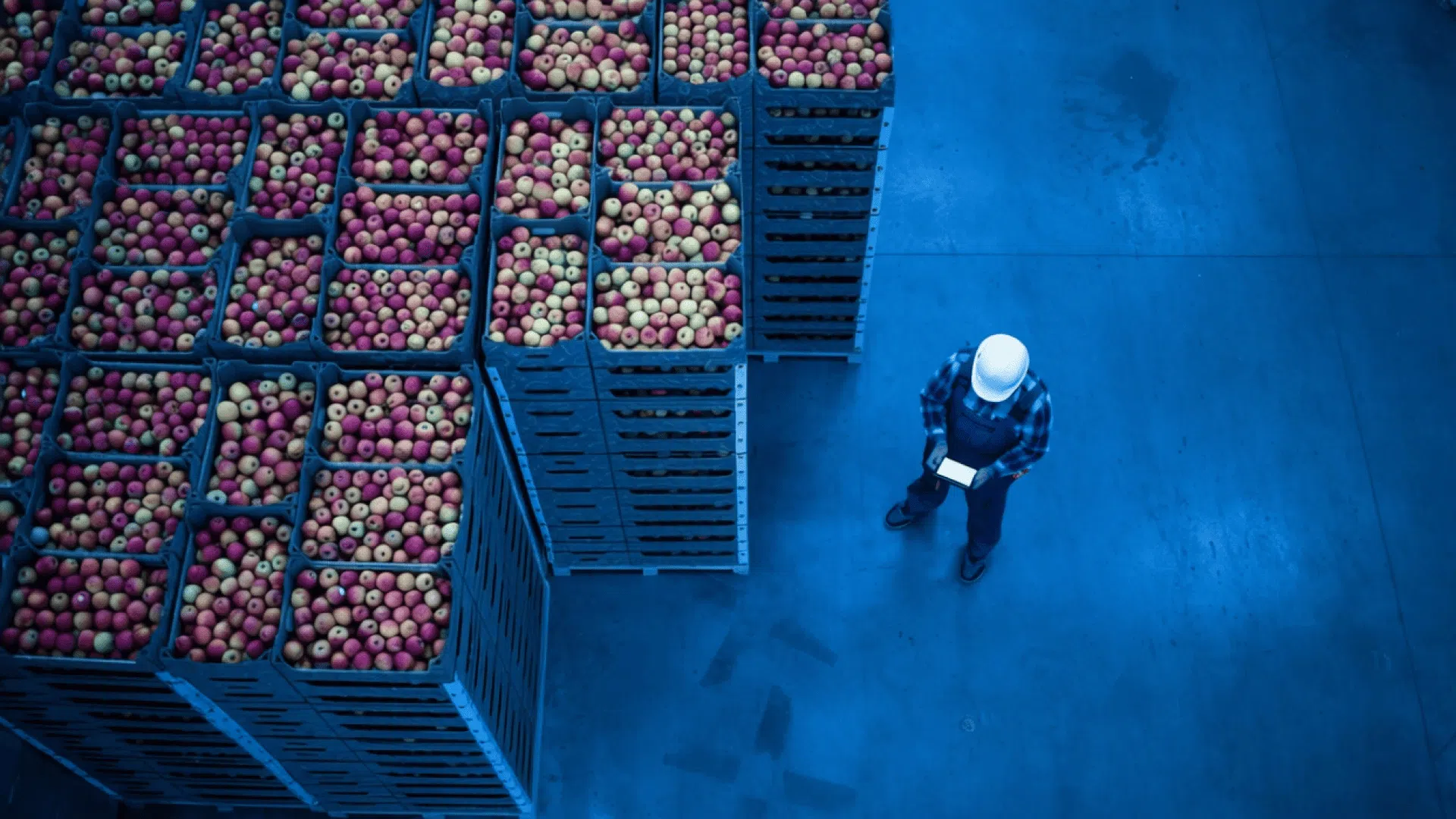 Supply chain management food industry – Beitrag öffnen
Supply chain management food industry – Beitrag öffnen
Optimise your food industry supply chain: boost efficiency and margins with the right ERP system.
 Sustainability in the food industry – Beitrag öffnen
Sustainability in the food industry – Beitrag öffnen
How an ERP system for food production helps to reduce waste, lower CO₂ emissions and promote sustainable processes.
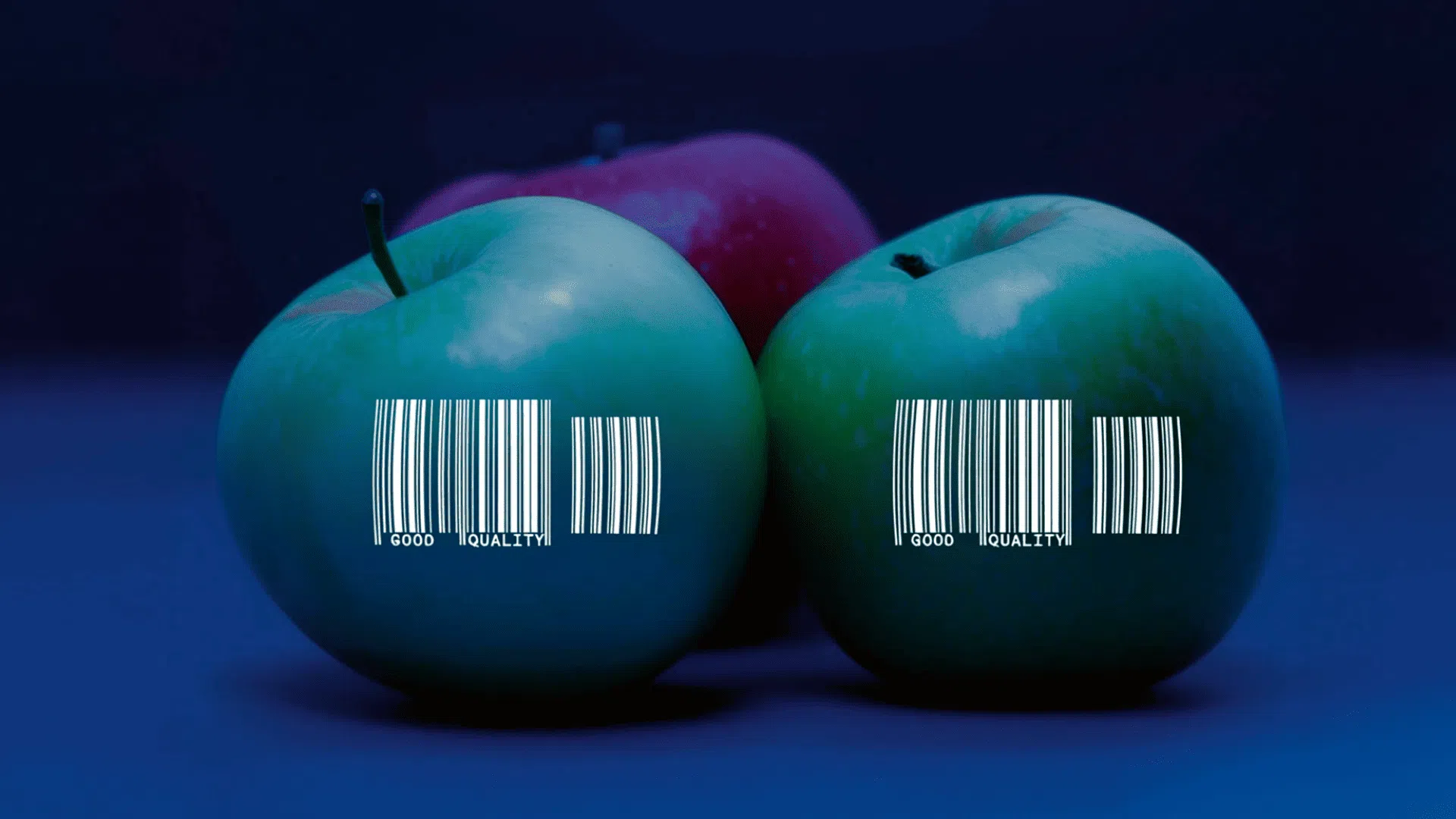 How to trace food and beverages safely – Beitrag öffnen
How to trace food and beverages safely – Beitrag öffnen
Traceability means being able to track food throughout its entire life cycle. We explain how you can guarantee this.